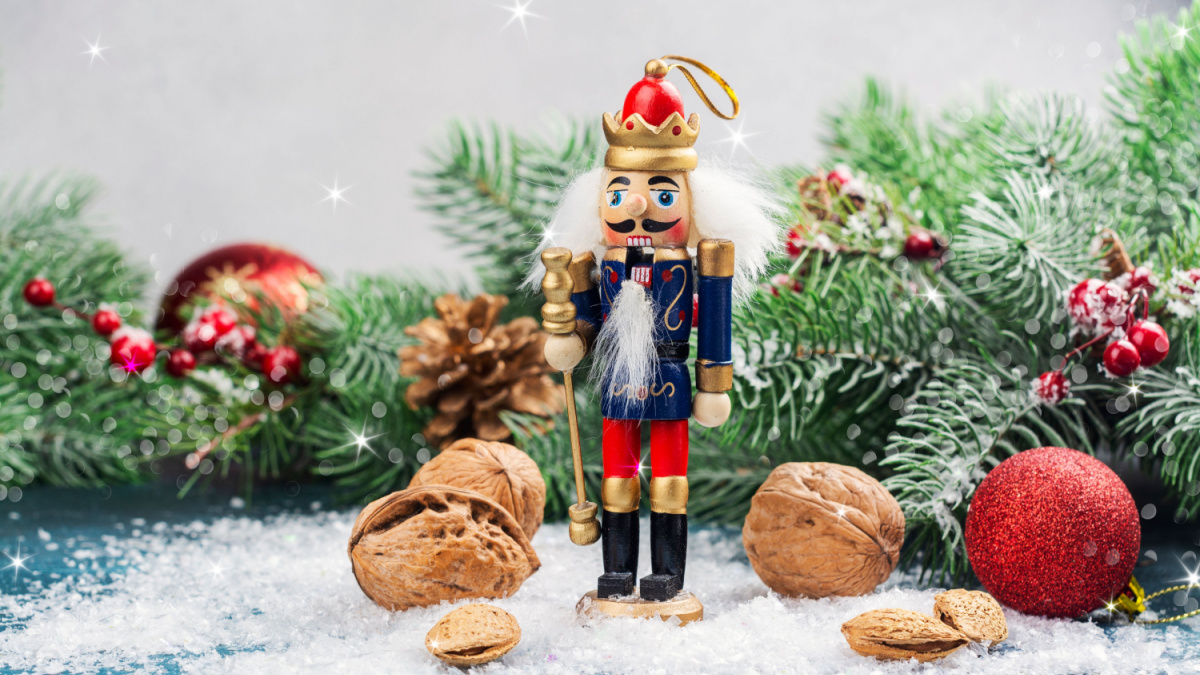Enjoying an allergen free Christmas

Whether it’s a slap up spread, nibbles, or the full Christmas dinner, it’s always a good idea to find out if any of your guests have a food allergy, food intolerances or coeliac disease.
Christmas can be a particularly tricky time for people with food allergy or intolerance as homes are full of festive treats that contain nuts, gluten or other allergens. To make sure everyone enjoys your Christmas cooking, here’s what you should do.
Catering for guests with food allergies
If you’re having guests, ask ahead if they have any food allergies or intolerances, and if so, what foods they need to avoid. If a child has an allergy be extra vigilant that the food you serve is suitable as they may not know it is unsafe for them to eat.
Check every label of shop-bought products and ingredients especially stuffing, puddings and other desserts, sweets, chocolate and prepared products for allergens which will be highlighted in the list of ingredients.
Gluten-free Christmas
If a guest has coeliac disease or a gluten intolerance, stuffing and gravy are where you need to be vigilant. Cook stuffing separate to the bird or make a gluten free stuffing by substituting regular breadcrumbs for gluten free breadcrumbs. And gravy is often thickened using flour, so use naturally gluten-free cornflour instead. Visit the Ceoliac Society for some delicious gluten-free recipes.
Gluten can be used as an ingredient in a variety of different foods, including foods where you mightn’t expect to find it such as flavoured cheeses or spice packs. Again, always check the label for cereals that are a source of gluten such as wheat, barley, rye, etc.
Nut-free Christmas
If one of your diners has a nut allergy, don’t serve Nut Roast or chestnut based stuffing, and again be careful to check the labels of any pre-prepared food you buy.
Cross contamination with ingredients containing allergens is a real problem (for example using same cutlery for stuffing and veg). When preparing a meal for someone with a food allergy or intolerance, it’s best to use clean kitchen utensils to avoid any cross-contamination. Also remember to check the label on any alcohol and other drinks for allergens.
Children with food allergies
If you or your child has a food allergy, always make sure your host knows about it. Check with your host to see if food will contain any ingredients you or your child shouldn’t eat. If you are leaving an allergic child at a party, make sure they have their emergency medication (antihistamines, adrenaline autoinjectors) with them and that the hosts know when and how to administer these.
For more information visit our section on food allergies and intolerance.




